Innovations from East India

There is no question about India’s leading position in Information Technology. It may be surprising, however, that the communistically governed state of West Bengal (which has been so for 30 years now) has made amazing progress with regard to IT and is now showing the highest growth rates in India. Through reforms following the Chinese example, the democratically chosen government is actually pursuing the aim of ensuring education and prosperity for the over 80 million inhabitants. Kolkata, West Bengal´s capital, is turning into one of Asia´s new High-Tech centres. Also here, the technical revolution has led to the construction of various IT parks and Special Economic Zones. In Kolkata for example, after Sector V in Salt Lake and New Town in Rajarhat a third IT-centre with 630 acres of land is at present arising covering nearly 3 times the area of Salt Lake. Other flourishing IT centres of West Bengal with software technology parks can be found in the cities of Durgapur, Kharagpur, Siliguri and Haldia. Investors can profit from West Bengal`s main strengths: a cooperative government, low cost of operations, highly qualified staff, reliable availability of energy (a rare thing in India), the required infrastructure and good contacts with consulates and associations – all which make this region interesting, and not just for the IT industry. The professed aim of the government is to be one of the Top 3 Indian IT locations in 2010. These plans appear practicable if, as announced, large parts of the population can have access to education and technology competence as well as knowledge of government business (E-Governance). Researchers of West Bengals academic institutions, such as the renowned Indian Institute of Technology Kharagpur not only ensure the education of highly qualified employees but are already cooperating closely with the IT industry. The positive technological changes lead to increased internationalization. West Bengal is becoming a strategic investment location for East and West. Su Yu Xi, China’s ambassador in India, regards Kolkata as the knowledge capital of the country and is certain of the strategic advantages for Chinese business people there. The first large Chinese investment for an Indian IT project will therefore take place in Kolkata. In 2006, the year of the Chinese-Indian friendship, the construction of the Bengal Peerless Nanjing High Tech Industry Investment Zone for 6 million U.S. dollars was agreed upon and initiated in March 2007. Both China and India see the necessity for intensified technological cooperation. Knowledge-based technologies like IT and biotechnology will be promoted in the new zone. After Nanjing, Bengal is planning cooperations with all the Chinese provinces, the first will be Beijing. Apart from this High-Tech zone, AXIS, a futuristic shopping centre with a range of Chinese and European goods on display will also emerge in New Town, Rajarhat. One cultural highlight of this lifestyle complex completed in the summer of 2008 will be a Mozart centre, and even more European presence is possible. This increased orientation to Europe is discernible through innovative media projects like the new European-Indian news agency INEPNEXT or the Bengal Website Europe News Today, projects with the aim of strengthening the exchange of knowledge and experience between the two continents. Kolkata’s principle focus in Europe is Germany. The German ambassador in India, Bernd Mützelburg, is impressed by the new look of the “City of Joy”, Kolkata. He confirms the great support of the dynamic Chief Minister Buddhadeb Bhattacharjee for German investments (e.g. the recent “Hunger Hydraulics”) and points to the corresponding German response like the direct flight from Kolkata to Frankfurt three times a week. Inseparable links between Germany and West Bengal have now been forged and the time has come to diffuse the strengths of this knowledge and technology region to a broader audience.
Text: Anita Shukla
Picture: (c) Purvi Shah-Paulini
Episode 09: The Wisdom Workshop Interview with Shamika Mone
Shamika Mone entrpreneur, treasurer of the Organic Farming Association India (OFAI) as well as the President of the Intercontinental Network of Organic Farmer’s Organisation (INOFO) sees herself as the voice of the farmers on local, national and international level. We speak with her about why organic farming and biodiversity have a positive impact on climate and can fight climate change and which roles shall women in leadership positions play today and in future.
Episode 08: The Wisdom Workshop – Chapter 3 “Where to find abundance?”
“When you realize there is nothing lacking, the whole world belongs to you” -Lao Tzu-
We are trained to stick to the materialistic world. We believe that abundance come from external factors. We know from so many rich people that they are not fulfilled, though they bought their 6th sports car, their 50th hand bag, their 232nd pair of shoes and so on. Or also having achieved to open the 6th well running business, because if not, you would miss something. What is the thriver? And where to find abundance? Listen and watch to our conversation!
Watch us on following link: https://youtu.be/1sA0E5cfeyk
Episode 07: The Wisdom Workshop Chapter 2 “Attachment” (English)
The materialistic world depicts our limits. What we mean by that and in which context does the term ”Manas” (Intellect) stand here? How to distinguish this from “Buddhi”, which is the “Inner Intelligence”? Listen to our conversation (Julia Hayden and me)
Following link directs you to my Youtube Channel, where you can also watch our conversation:
https://youtu.be/DeOY5r8m3fI
Episode 06: The Wisdom Workshop – Chapter 1 “The Controller”
Why do we need a paradigm shift especially regarding the topic “Leadership”? And why are external matters equal important as internal matters? Which aspects of our being do play an important role and which influence do they have on the Individual on the collective nad onthe entire planet? About this and many others I pseak with my dear friend Julia Hayden.
Episode 05: Wisdom Workshop Chapter 00 Introduction
Julia Hayden and I are exchanging thoughts on how to implement change in today’s world. In this introductory Episode on “Merging Eastern and Western wisdoms” we explain our motivation for this series and ponder on different aspects of paradigm shifts by including the perspective of Gaia and ancient wisdoms.
No Results Found
The page you requested could not be found. Try refining your search, or use the navigation above to locate the post.

